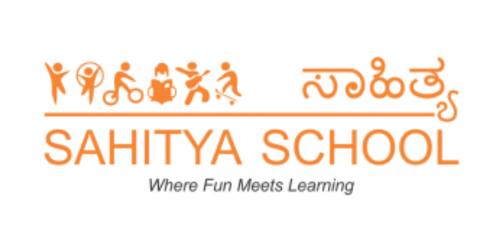
What is Required in 21st-Century Education in Schools of India?
The education system in India is undergoing a major transformation to align with the demands of the 21st century. With rapid technological advancements, globalization, and evolving job markets, schools must adapt to equip students with the necessary skills to thrive in a dynamic world. Below are some key requirements for 21st-century education in Indian schools.
1. Integration of Technology in Learning
Technology has revolutionized the education sector globally, and Indian schools must embrace it fully. Smart classrooms, online learning platforms, and digital tools enhance engagement and improve accessibility to quality education. Schools should implement AI-driven personalized learning experiences and encourage students to use technology for research and problem-solving.
2. Skill-Based Learning
Traditional rote learning methods are no longer sufficient. Schools must focus on skill-based education that prepares students for real-world challenges. Critical thinking, creativity, collaboration, and communication skills (often called the 4Cs of 21st-century learning) should be prioritized. Project-based learning, experiential education, and problem-solving activities should replace passive learning.
3. Holistic Development
Education should go beyond academics and nurture students’ emotional, social, and physical well-being. Schools must promote extracurricular activities such as sports, arts, music, and drama to develop well-rounded individuals. Emotional intelligence and resilience training should be part of the curriculum to help students handle stress and setbacks effectively.
4. Emphasis on STEM and Coding
Science, Technology, Engineering, and Mathematics (STEM) education must be emphasized from an early age. Coding, robotics, and artificial intelligence should be integrated into the curriculum to prepare students for careers in the digital economy. Hands-on learning experiences and innovation labs should be established to cultivate scientific temper and technological literacy.
5. Personalized and Inclusive Education
Every child learns differently, and the education system should cater to diverse learning needs. Personalized learning plans and adaptive teaching methods can ensure that students grasp concepts at their own pace. Schools should also foster an inclusive learning environment that supports students with disabilities, learning difficulties, and socio-economic challenges.
6. Strengthening Teacher Training
Teachers play a crucial role in shaping students’ futures. Continuous professional development and training in modern pedagogical methods are essential. Schools should encourage teachers to adopt innovative teaching strategies, integrate technology into classrooms, and focus on student-centric learning approaches.
7. Promoting Multilingual and Global Competency
India’s linguistic diversity should be leveraged to promote multilingual education. Learning multiple languages enhances cognitive abilities and cultural understanding. Additionally, global competency should be instilled through international collaborations, exchange programs, and exposure to diverse cultures.
8. Environmental and Civic Education
With climate change becoming a global concern, environmental education must be a core part of the curriculum. Students should be taught sustainable practices and encouraged to participate in eco-friendly initiatives. Civic education is also vital to developing responsible citizens who contribute positively to society.
9. Entrepreneurial Mindset and Financial Literacy
Schools should foster an entrepreneurial mindset by encouraging innovation, problem-solving, and risk-taking. Financial literacy, including budgeting, investing, and managing personal finances, should be integrated into the curriculum to prepare students for financial independence and economic awareness.
10. Strong Industry-School Collaboration
Collaboration between schools and industries can help bridge the gap between education and employment. Internships, mentorship programs, and industry visits can provide students with practical insights and career guidance. Skill development initiatives should align with industry requirements to ensure employability.
Conclusion
To build a future-ready generation, Indian schools must evolve by incorporating technology, skill-based learning, holistic development, and global competencies. A shift towards personalized, inclusive, and experiential education is crucial to empower students to navigate the complexities of the 21st century successfully. By adopting these changes, the Indian education system can prepare students not just for exams but for life itself.




